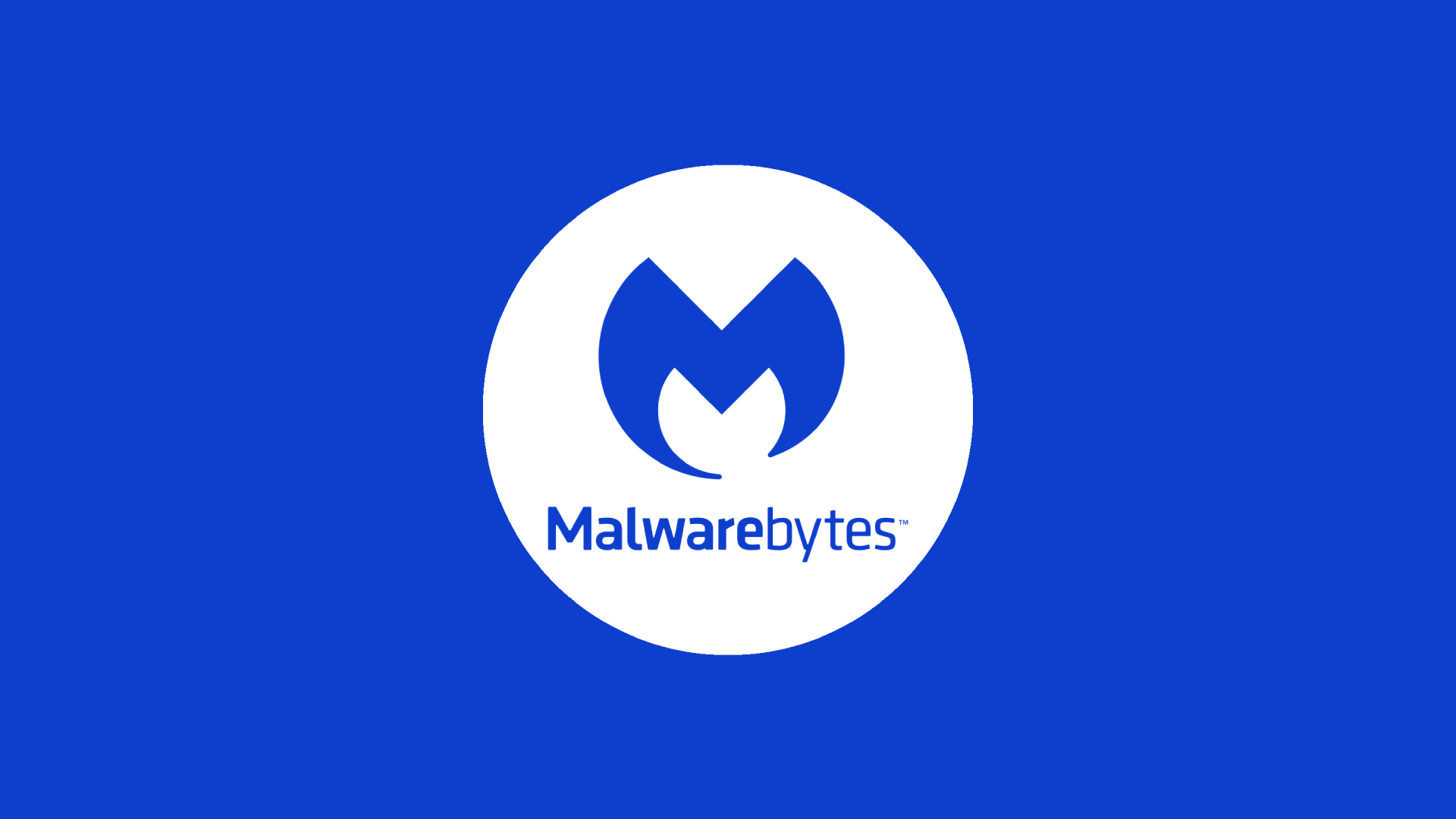WithSecure needs a major rethink to survive in the enterprise security market
A flatlining consultancy business means the F-Secure spin-off is up against the ropes before it's entered the ring


There’s a contradiction at the heart of WithSecure, the newly anointed B2B security firm that recently spun-off from Nordic security outfit F-Secure. Its surprise emergence in March followed a seven-year foray into the realm of enterprise security, with a series of high-profile acquisitions culminating in executives sharply slamming on the brakes.
F-Secure’s plan in 2015 to transition from consumer to enterprise cyber security, was a sharp move. By 2022, it became clear there was a need for execs to divorce these two competing strands after trying for years to grow them together, and falling short. Keeping its products business conjoined with its enterprise and consultancy divisions for much longer would have been counterintuitive to investment and growth, experts say, evidenced by its sluggish growth compared to market competitors.
“Investors hate it when product businesses have large services arms, as it’s dilutive to profit margins,” Forrester principal analyst Paul McKay tells IT Pro. “[The move] has essentially been done to take two businesses that are very different both in their investment and development needs, and in their margin profiles.”
Spinning off WithSecure isn’t a silver bullet, though. As much as the enterprise security challenger may be buoyed by its surging cloud business, its ailing consultancy arm hangs limply. At Sphere22, its inaugural conference hosted from 1 June, WithSecure finds itself penned in by a host of unfortunate challenges, and it needs to come out swinging.
WithSecure must reinvigorate its consultancy business
WithSecure is a solid company in a solid position, according to TechMarketView principal analyst, Simon Baxter. However, while the industry as a whole sustained average growth of 11.5% in 2021, WithSecure grew just 3%. Its low profitability, too, could be explained by heavy spending on sales and marketing, Baxter says, which might be fine for a high-growth company – but not ideal for one growing its revenue at this pace.
Delving deeper, a highly promising surge in cloud-native software as a service (SaaS) revenue contrasts with a decline in on-premise revenue, and weak performance in its cyber security consultancy division.
Consultancy, in particular, might prove to be a thorn in its side. Especially as it hopes to make serious inroads in an industry in which it enjoys but a slither of market share (roughly 1%). The likes of Trend Micro and McAfee, by contrast, occupy roughly 15% of the market apiece.
Get the ITPro daily newsletter
Sign up today and you will receive a free copy of our Future Focus 2025 report - the leading guidance on AI, cybersecurity and other IT challenges as per 700+ senior executives
Much is made of the cyber security skills gap, and it’s an area WithSecure is likely to find difficult to overcome in the coming months. A near-20% decline in its consultancy business looks bad on paper, but this is deceptive, given this figure is largely driven by divestments; it would have otherwise been flat. Nevertheless, the performance here stands in contrast to greener shoots in the wider industry. It’ll also cause problems in the context of a labour market, in which talent is becoming increasingly rare. Wage inflation, too, is expected to bite, alongside the crescendoing demand for security-aware staff – across companies of all sizes. It’s been tough for WithSecure to retain and attract talent, and it won’t get any easier. Coming from a position of weakness, in this way, compounds the challenges, and risks undermining its growth ambitions; growth, Baxter says, is the priority.
As for how WithSecure can achieve this, McKay says the firm must strengthen its ability to engage with more senior stakeholders. “Its work is very focused at an operational level, and its attempts to communicate with senior executives is less effective than other types of consulting and managed services firms that I work with,” he says. “If it could bridge this gap more successfully, it would help its positioning in the market, as clients are very appreciative of their technical skills, but less happy putting that into the boardroom.”
Finding a niche in the mid-sized bracket
F-Secure has a long history in the consumer cyber security space, launching its first antivirus software for Windows PCs in 1994, under the Data Fellows brand. It wasn’t until 2015 with the acquisition of nSense, a Danish firm specialising in consultation and vulnerability scanning, that F-Secure branched out into the enterprise sphere. F-Secure followed its nSense purchase with the acquisition of consultancy businesses Inverse Path in 2015 and MWR InfoSecurity in 2018.
Despite the high-growth potential this presented, much of F-Secure’s revenue in the last year has come from the consumer side. Ditching its B2B arm, in this spirit, now primes it for investment and independent growth. There is, after all, a track record of this strategy reaping rewards.“We have also seen this pattern twice before with Symantec and McAfee when those businesses had their B2B arms demerged from the consumer facing business,” McKay points out.
Baxter speculates that an independent WithSecure better positions itself to be acquired by a larger company, especially given the success and technical proficiency of its flagship WithSecure Elements platform. On the other hand, a healthy balance sheet – roughly $100 million in cash – allows some room for investment into areas such as artificial intelligence (AI) or Internet of Things (IoT), or even scope to make its own mergers and acquisitions (M&As).
Ultimately, the company has the opportunity to position itself strongly for a plethora of mid-sized companies that lack defined and robust IT departments. Its end-point detection and response product, for example, would be useful for many companies without such a system in place. Building partnerships with organisations seeking to outsource cyber security functions, too, would be a huge opportunity for WithSecure. This would, of course, depend on whether it manages to get its consultancy division in order.

Keumars Afifi-Sabet is a writer and editor that specialises in public sector, cyber security, and cloud computing. He first joined ITPro as a staff writer in April 2018 and eventually became its Features Editor. Although a regular contributor to other tech sites in the past, these days you will find Keumars on LiveScience, where he runs its Technology section.
-
 Bigger salaries, more burnout: Is the CISO role in crisis?
Bigger salaries, more burnout: Is the CISO role in crisis?In-depth CISOs are more stressed than ever before – but why is this and what can be done?
By Kate O'Flaherty Published
-
 Cheap cyber crime kits can be bought on the dark web for less than $25
Cheap cyber crime kits can be bought on the dark web for less than $25News Research from NordVPN shows phishing kits are now widely available on the dark web and via messaging apps like Telegram, and are often selling for less than $25.
By Emma Woollacott Published
-
 IDC InfoBrief: Sustainability doesn’t need to be all stick and no carrot
IDC InfoBrief: Sustainability doesn’t need to be all stick and no carrotwhitepaper CIOs are facing two conflicting strategic imperatives
By ITPro Published
-
 Thoma Bravo adds $1.5bn in value to Imperva before selling to Thales
Thoma Bravo adds $1.5bn in value to Imperva before selling to ThalesNews Software investment giant to sell off the US-based data and application security provider for $3.6 billion
By Daniel Todd Published
-
 Rubrik appoints Zscaler’s Sean Sullivan as director of alliances for EMEA
Rubrik appoints Zscaler’s Sean Sullivan as director of alliances for EMEANews The cyber sales veteran will lead the development of Rubrik’s partnership capabilities and sales strategy across the region
By Daniel Todd Published
-
 Malwarebytes bolsters reseller partner program with fresh incentives
Malwarebytes bolsters reseller partner program with fresh incentivesNews The revamped initiative aims to help partners generate profitable, consistent business growth and target specific vertical markets
By Daniel Todd Published
-
 Cyware cuts ribbon on new global partner program
Cyware cuts ribbon on new global partner programNews The CywareOne initiative aims to equip partners with “the tools they need to differentiate themselves in the market”
By Daniel Todd Published
-
 Deep Instinct appoints new channel chief for the Americas
Deep Instinct appoints new channel chief for the AmericasNews Jim Ortbals will lead the firm’s channel operations in the region, Ryan Vaupel becomes vice president of operations
By Daniel Todd Published
-
 Building channel resilience in 2023 and beyond
Building channel resilience in 2023 and beyondIndustry Insight Building a resilient, robust channel ecosystem could be key to weathering current economic trends
By John Nolan Published
-
 Outpost24 appoints M&A expert Brendan Hogan as chief strategy officer
Outpost24 appoints M&A expert Brendan Hogan as chief strategy officerNews The former VMware executive will lead the cyber security firm’s long-term product strategy and growth ambitions
By Daniel Todd Published